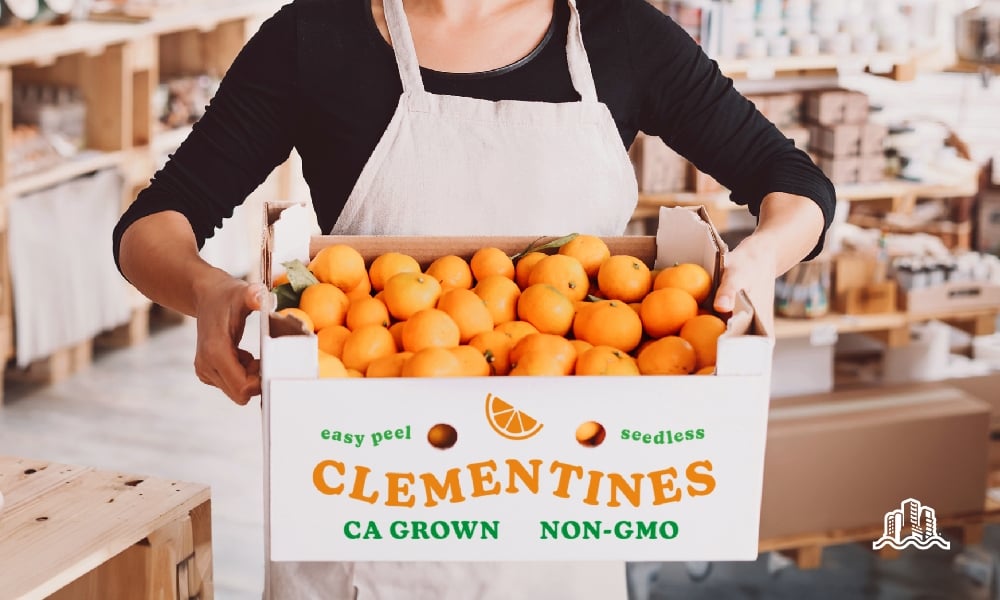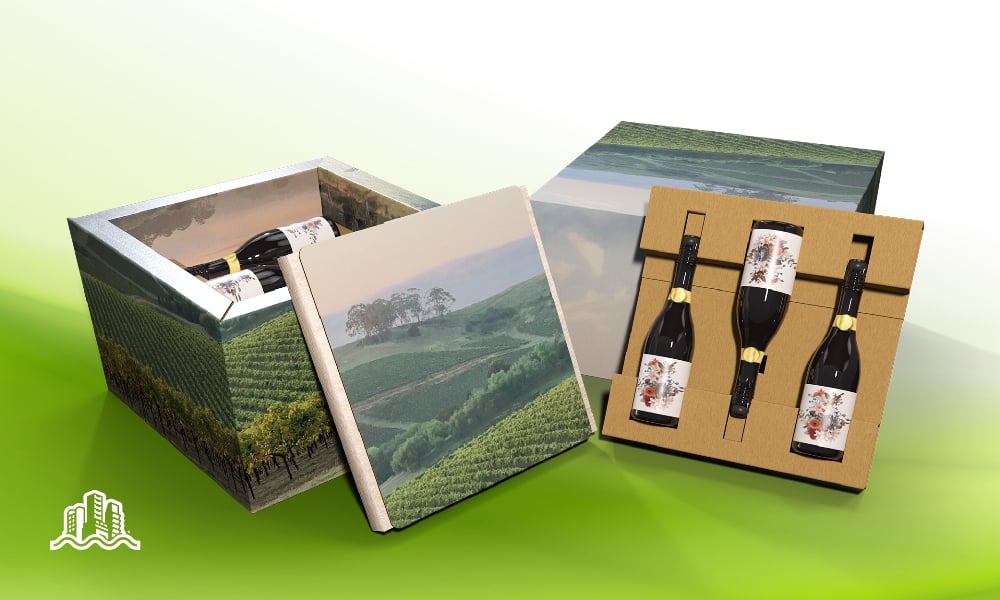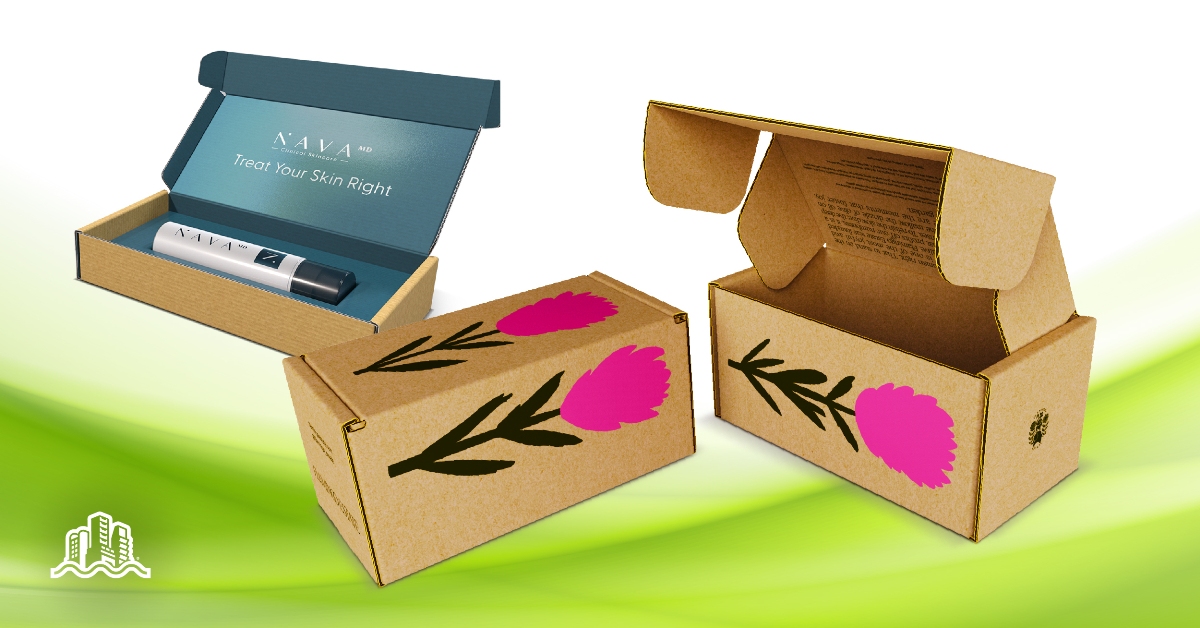2024 is just around the corner, which means there’s no better time for business leaders to revisit and refine their goals for the year ahead. At the top of the list for many companies? Sustainable packaging resolutions.
Here’s a look at why setting sustainable packaging resolutions is so important, along with a roundup of sustainable packaging priorities to consider including on your list as you plan for a more sustainable new year.
The Sustainable Packaging Imperative
Consumer demand for sustainability will grow in 2024, according to analysts. Specifically, consumer experts at Mintel predict that we are moving into a new green era in which consumers are not only looking for brands to continue to focus on sustainability but also to seek new ways to innovate and improve their sustainability initiatives.
According to McKinsey, awareness is on the uptick in the sustainable packaging field, with 43% of consumers saying that environmental impact is an important part of their purchasing decisions alongside hygiene, food safety, and shelf life.
In fact, up to 7% of consumers are willing to pay a 10-plus percent premium for sustainable packaging across every end unit.
The takeaway for brands? Sustainable packaging that checks all the boxes is paramount.

5 Sustainable Packaging Resolutions for Brands
Given the importance of sustainability, it makes sense for all brands to prioritize it when planning for the future. Wondering where to begin when it comes to establishing your sustainable packaging goals for 2024? Here are some strategic resolutions to consider:
1. Reduce Single-Use Plastics
With the waste associated with single-use plastics on consumers' minds, many companies aim to reduce or eliminate single-use plastics in their packaging. This is accompanied by a shift toward adopting biodegradable, compostable, or recyclable alternatives, such as corrugated paper, which offers a bounty of sustainability benefits.
2. Embrace Circular Packaging Design
In line with circular economy approaches many companies are designing recyclable packaging that can be easily and effectively reintegrated into the production cycle with no significant compromise of cost or quality.
3. Minimize Carbon Footprint in Manufacturing Processes
In addition to the use of more sustainable materials, companies are also setting goals to minimize the carbon footprints of their packaging processes through tactics like local material sourcing to reduce transportation emissions, “right-size” packaging design to minimize weight and volume, investing in renewable energy sources for manufacturing; and partnerships with ethical and sustainable suppliers.
4. Invest in Consumer Education and Engagement
McKinsey also mentions that despite their concern, many consumers lack a strong understanding of sustainable packaging types. Therefore, it makes sense for companies to invest in educating consumers about the importance of sustainable packaging and their eco-friendly initiatives.
Furthermore, providing instructions on properly disposing of and recycling packaging can improve sustainable packaging initiatives' success by encouraging responsible consumer behaviors.
5. Commit to Collaborate
Today’s sustainability challenges are complex and call for multi-disciplinary approaches. Collaboration allows for everything from pooling knowledge toward diverse ideas to sharing technologies, research findings, best practices, and other resources. Plus, finding the right partners can help businesses go further together.
Achieve Your Sustainable Packaging Resolutions with Bay Cities
Both because of its potential to boost your bottom line and because it’s the right thing to do, there’s no denying that sustainable packaging is important for brands. The good news? There are many ways — both big and small — to do so.
Whether you’re looking to improve the sustainability of your retail packaging or seeking out eco-friendly packaging for a specific product or industry, such as wine bottle shipping, finding the right packaging partner can make all the difference.
That’s where Bay Cities come in. We have extensive retail packaging and design expertise, including an above-and-beyond commitment to sustainability. Our board is both FSC and SFI certified, signifying responsible forestry through a chain of custody from beginning to end. We pride ourselves on using 100% recyclable corrugate made from up to 99% post-consumer waste. As members of The Paper & Packaging Board’s Box to Nature campaign, we educate consumers on properly recycling corrugated boxes.

We recently launched a new product line, EcoVino, a 100% sustainable wine shipping solution made from bioengineered foam using upcycled food industry waste and recycled corrugate. Our team is committed to sustainability, and we will continue to innovate new eco-friendly packaging solutions.
Just beginning your own sustainability journey as you look toward the future? Check out our guide on the importance of sustainability and how to get started when it comes to incorporating sustainability into your packaging in 2024. Or, fill out our easy online form to ask a question, request a quote, or get more information.



/BC_Logo2_White.png?width=300&height=83&name=BC_Logo2_White.png)